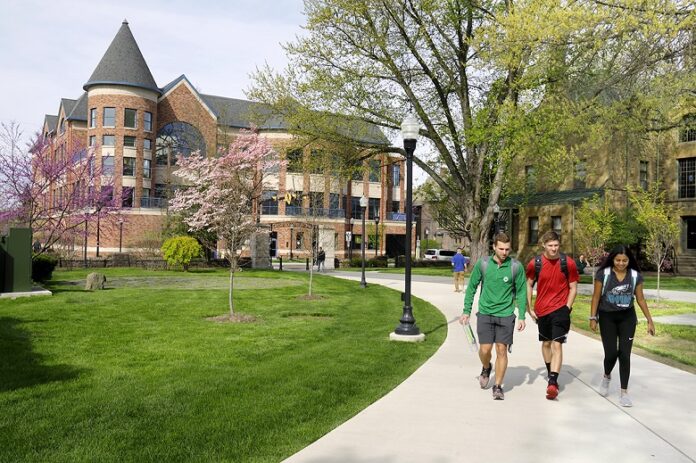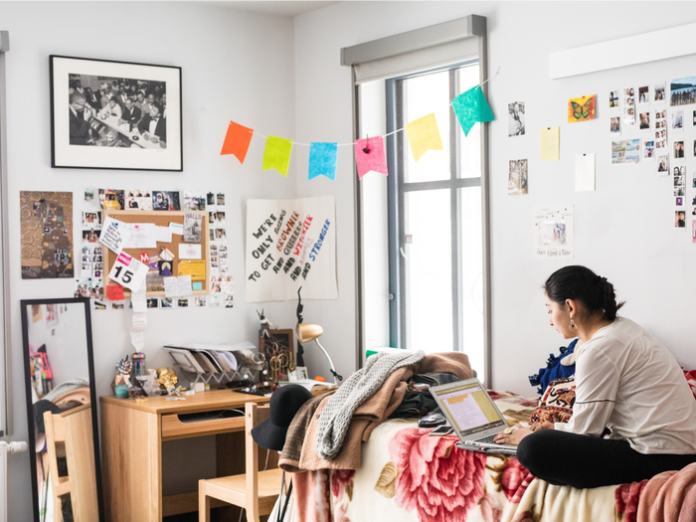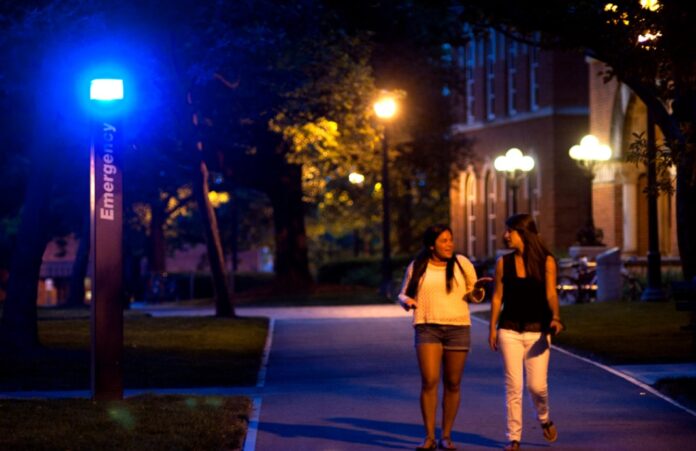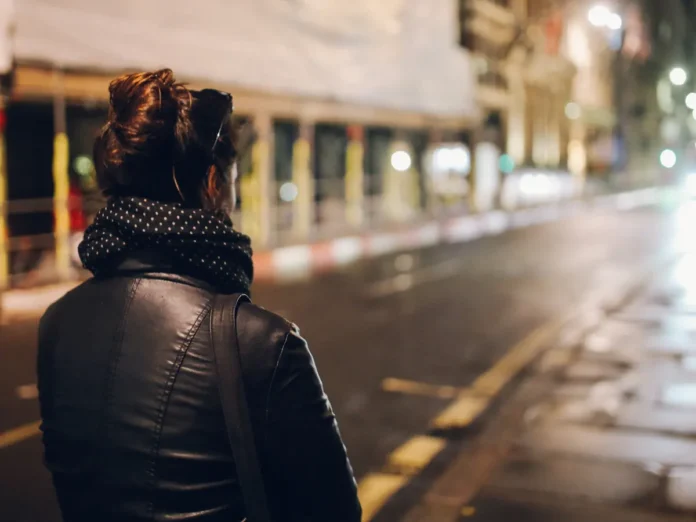
Campus safety is a top priority for universities across the country.
With thousands of students from different backgrounds enrolling at a university, it can be challenging to keep track of everything that’s happening on campus.
Whether you’re a student attending a large university or a small college, it’s essential to be aware of the people around you and take precautions to stay safe.
And with the right tips and tricks, you can make sure that your campus is as safe as possible.
This post will discuss some of the top ways to keep your university campus safe. Stay tuned for more information!
What Are the Top Crimes at US Universities?

The National Center for Education Statistics mentions the top three crimes at US universities: burglary, theft, and motor vehicle theft.
Burglary is the unlawful entry into a dorm or building with the intention to commit a crime, while theft is the taking of personal property without the owner’s consent.
Motor vehicle theft is the unauthorized taking of a motor vehicle.
There can also be sexual assault or rape incidents, but these are typically not considered crimes against property.
All of these crimes can have severe consequences for victims, so it’s essential to be aware of them and take steps to prevent them from happening.
11 Tips to Keep Your University Campus Safe

The best way to keep your campus safe is to be proactive and take some simple precautions.
Here are eleven tips to keep your university campus safe:
1. Know the Campus Security Guards
Get to know your campus security team and their contact information.
It’s important to have a good relationship with the people who are responsible for keeping you safe on campus.
You also need to know where they’re located and how to reach them in an emergency.
2. Be Aware of Your Surroundings

Sometimes, we might be so detached from our surroundings because of our smartphones. But it’s crucial to snap back to reality and check our environment as much as possible.
If you hear or see something that’s suspicious in your dorm or outside, don’t hesitate to report it to the authorities. The sooner you report it; the sooner campus security can investigate and take action.
3. Keep Your Valuables Safe
Don’t leave your valuables unsecured in your dorm room or anywhere on campus.
Sure, you can sometimes trust your best friend to look after your laptop when you leave for the bathroom. But never leave your bag or electronics unattended in public spaces.
Make sure you keep them in a safe place where they can’t be easily stolen.
4. Check for Emergency Phones
Emergency phones are located around campus for your safety. Make sure you know where they are and how to use them.
These phones are essential in case of fire or other emergencies that might require medical attention.
So all campuses should have them. You can ask the administration about their locations.
And if by any chance, your campus lacks such phones, you can bring this issue to the admin’s attention. You can direct them to kingsiii.com for more information.
5. Stay in Well-Lit Areas

Try to stay in well-lit areas on campus, especially at night.
If you must walk in a dark area, make sure you have someone with you.
It’s also a good idea to carry a flashlight with you. And always ensure that your phone is fully charged with a battery so you can use its flashlight.
Don’t forget to put a portable charger in your bag as well!
6. Keep Your Doors and Windows Locked
If you live in a dorm or off-campus housing, make sure your doors and windows are always locked.
Even if you’re just going to the bathroom or stepping out for a minute, it’s important to keep your belongings safe.
And if you live in a large dorm, don’t forget to lock your valuables in a safe or locker.
7. Never Accept Rides from Strangers
Never accept rides from strangers, no matter how friendly they seem. It’s always best to call a friend or campus security if you need a ride somewhere.
If you don’t have any other option, make sure you get into the car from the passenger side so you can exit quickly if necessary.
Or use a ride-sharing app like Uber or Lyft, where drivers are certified, and the company does background checks.
8. Don’t Walk Alone at Night

If you must walk alone at night, ensure you’re in a well-lit area and stay alert.
Avoid shortcuts and stick to the main paths. If possible, walk with a friend or call campus security for an escort.
It might just be a 10 to 15-minute walk from your classroom to your dorm. But if you need to cross a road or enter a secluded area with few people, it can get dangerous to wander alone at night.
9. Be Smart About Social Media
Be careful about what you post on social media. While posting photos or videos sometimes is fine, remember that locations can be easily identified.
And if you’re sharing your schedule or plans, only do so with close friends and family. You never know who’s watching and might take advantage of your information.
So don’t share your location or personal information that could be used to track you down. And if you see something suspicious on social media, report it to the authorities.
10. Tell Your Friends Where You’re Going
It’s always a good idea to let your friends or roommates know where you’re going, especially if you’re going to be out late. That way, someone will always know where you are and can check on you if necessary.
You can also download the Find My Friends app to share your location with trusted contacts.
Just make sure you’re only sharing your location with people you trust.
11. Stay in Touch with Faculty and Staff
If you ever feel unsafe on campus, make sure you stay in touch with faculty and staff.
They’re there to help you and will take any concerns seriously. So don’t hesitate to reach out to them if you need help or feel unsafe for any reason.
Take the Necessary Precautions and Keep Your Campus Safe

By following these simple tips, you can help keep your campus safe. And if you ever see something suspicious, don’t hesitate to report it to the authorities.
We all have a responsibility to keep our campuses safe. So let’s do our part and look out for each other.
The safety of a university campus depends on the cooperation of faculty, staff, and students. If we all work together, we can keep our campuses safe places to learn and grow.
Thanks for reading!











